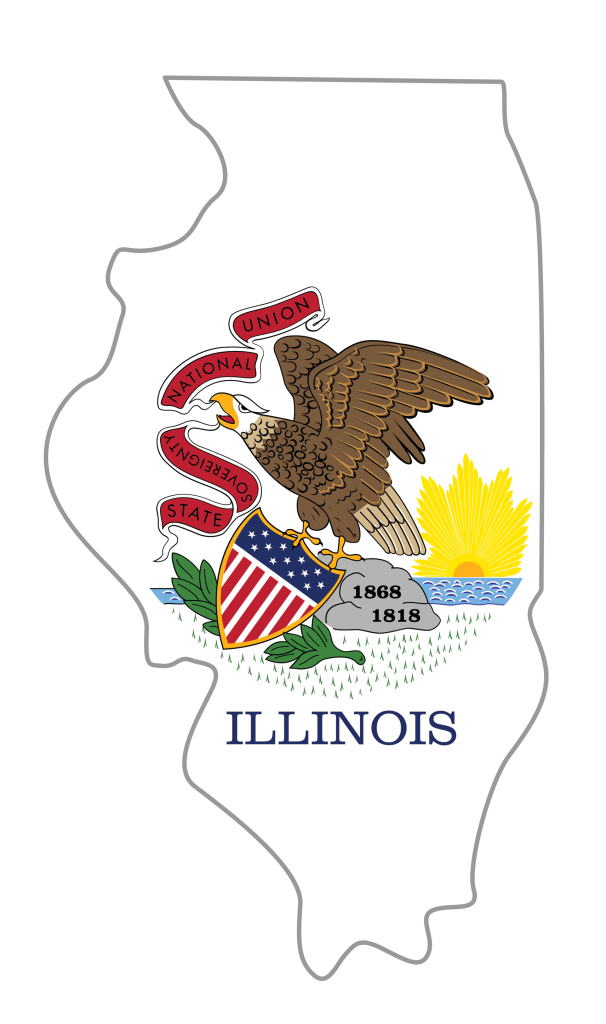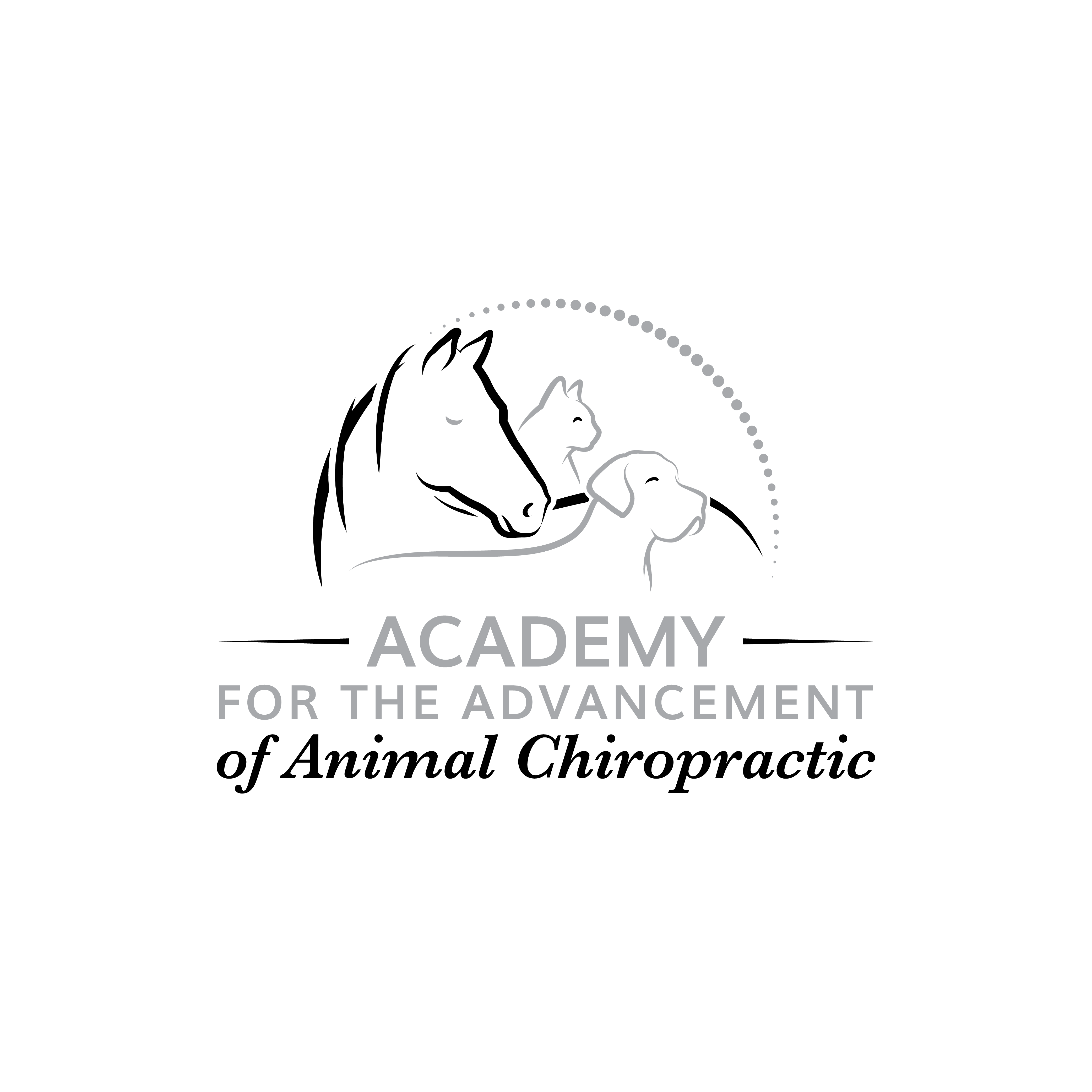Illinois
Animal Chiropractic Laws

Illinois | Animal Chiropractic Summary
In general, there is not direct access for animal chiropractors. A licensed veterinarian can refer to an amial chiropractor however direct supervision is not required.
The Medical Practice Act limits chiropractic scope to human ailments and conditions. The Veterinary Medicine and Surgery Practice Act includes chiropractic manipulation of animals in the definition of veterinary medicine, which requires a veterinary license. Therefore, D.C.s do not have direct access to provide care to animals under any circumstances; i.e., an animal owner may not directly seek services from a chiropractic physician to be performed on the animal.
The veterinary law and rules allow non-veterinarian licensed health care professionals to treat animals by providing assistance to a licensed veterinarian, but only if specific conditions are met. A member in good standing of another licensed profession may perform service on an animal if:
-
- The service is requested in writing by an Illinois licensed veterinarian;
- The veterinarian has an established veterinarian-client-patient relationship with the animal owner;
- The owner-client has provided informed consent to the veterinarian;
- Appropriate records are maintained by the licensed veterinarian that includes written evidence of a veterinarian-client-patient relationship, client consent, diagnosis, and referral.
Laws
Section 1500.49 Supervision
Section 4 of the Act states that members of other licensed professions or any other individuals when called for consultation and assistance by a veterinarian licensed in the State of Illinois and who act under the supervision, direction, and control of the veterinarian are exempt from licensure. The licensed veterinarian shall assume responsibility for the referral.
a) Supervision, as applied to this provision, means general supervision. General supervision means that the licensed veterinarian is accessible to the individual under his/her supervision.
b) The following protocols shall be followed in order for licensed professionals or other individuals to work under the supervision of a licensed veterinarian:
1) An established veterinarian-client-patient relationship shall exist;
2) A written or oral consent from the client shall exist; and
3) Appropriate records are maintained by the licensed veterinarian that include written evidence of a veterinarian-client-patient relationship, client consent, diagnosis and referral.
(Source: Added at 22 Ill. Reg. 15353, effective August 10, 1998)
Certification Requirements
Currently, no specific certification is legally required for animal chiropractors; however, it is highly encouraged that practitioners undergo proper training in the services they offer.
Certification ensures that an animal chiropractor possesses the knowledge, skills, and expertise necessary to perform adjustments safely and effectively. Proper training helps professionals understand animal anatomy, physiology, and the unique biomechanics of different species, reducing the risk of injury during treatment. Certification also builds trust with clients, who want to ensure their pets receive care from someone with verified competence. Moreover, being certified can help protect practitioners legally, as it demonstrates a commitment to professional standards and ethical practices. In an industry where safety and precision are paramount, certification is a crucial aspect of ensuring high-quality care.
Scope of Practice
Scope of practice is not defined by law. Please refer to the above “Laws” section.
Continuing Education reqirements
Since there are no legal certification requirements for animal chiropractors, there are also no mandated continuing education requirements under current laws or regulations.
This makes it even more crucial for animal chiropractors to proactively pursue ongoing education to stay up-to-date with the latest advancements, techniques, and safety protocols in the field. In the absence of legal standards, a chiropractor’s ability to prove their competency is essential, particularly if questions arise about the quality of care provided. Should an issue occur, the ability to demonstrate a commitment to continuous learning and professional development can be vital in defending their qualifications. By keeping detailed records of education and additional training, chiropractors can show that they are dedicated to maintaining the highest level of expertise, reinforcing their credibility and professionalism in the eyes of clients, peers, and regulatory bodies.
